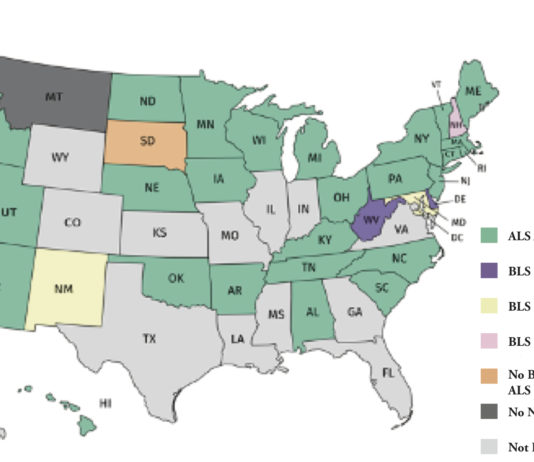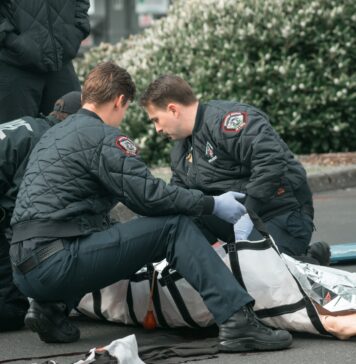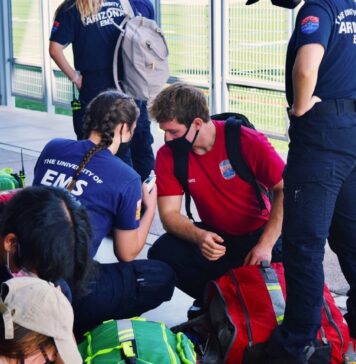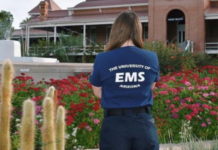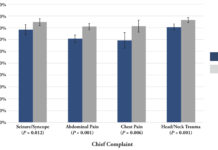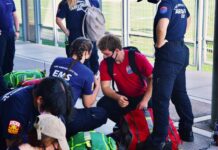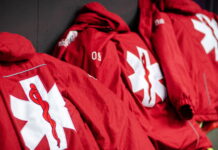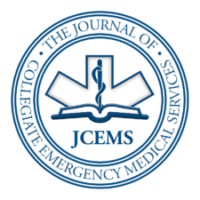Comparing Patient Evaluations by a Municipal and a Collegiate-Based Emergency Medical Service
This study assesses UAEMS’ patient evaluations when referenced to Tucson Fire, the local municipal agency.
Predicting Patient Volumes at Collegiate Football Games
Renko et al. create a model to predict patient volumes at collegiate football games to help aid EMS in planning.
Compassion Meditation to Improve Psychological Well-being Among Volunteer Collegiate Emergency Medical Technicians
Student volunteer EMS providers are often under significant mental and physical stress which may lead to provider burnout and decreased compassion malleability. The authors demonstrate the efficacy of Cognitively-Based Compassion Training on addressing these conditions.
Presumptive Diagnosis of Alcohol Intoxication as the Etiology of Altered Mental Status in Collegiate...
Altered mental status is a common emergency call at universities, and for collegiate-based EMS providers this chief complaint is frequently found secondary to alcohol intoxication. The results of this research demonstrate evidence that EMTs may presumptively attribute alcohol intoxication as the etiology of AMS, as evidenced by the underutilization of key AMS assessments.
Investigating the Role of Public Assistance Programs in Responding to Cardiovascular Emergencies in Rural...
Download PDF (Available Soon)Author and Article Information ...
Checklists Improve EMS Documentation
Alatis et al. found that a quality improvement (QI) project focused on documentation via checklists can improve the inclusion of key documentation criteria on electronic patient care reports (ePCRs) in a collegiate-based EMS system.
Ambulance Usage on a Collegiate Campus as a Function of Age and Gender
Bradshaw et al. attempt determine if age and gender exert significant influence on a patient’s decision to utilize ambulatory transport to the emergency department.
Assessment of Bystander Intervention on EMS Transport Decisions for Cases of Alcohol Intoxication at...
Looking at a small liberal arts college in New York State, Di Nucci et al. study the impact of bystander intervention on EMS transport decisions for alcohol intoxication cases.
A Survey of Canadian, Student-Run Campus Emergency Medical Response Teams
Formosa et al. provide an overview of Canadian student-run campus emergency medical response teams, examining aspects including training, operations, and organizational status.
Determinants of Volunteer Collegiate-Based Emergency Medical Service Budget Size
This unique study examines determinants of budget size and budget sources for a cross-section of collegiate EMS agencies.


